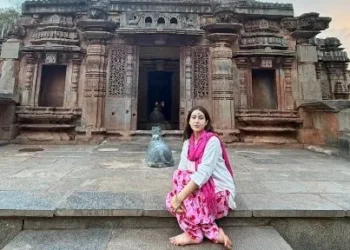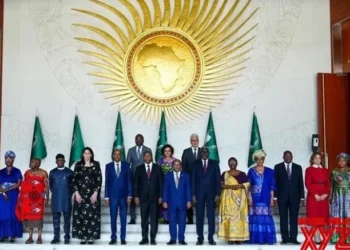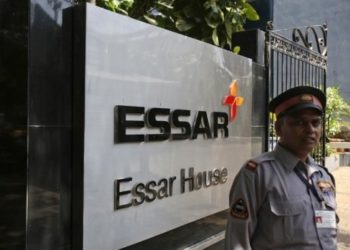Roshni Act beneficiaries include powerful J&K figures
The beneficiary list of the controversial Roshni Act, which was declared as unconstitutional by the Jammu & Kashmir High Court on Saturday, reads like a who’s who of the powerful and influential among the local society.
The people who benefitted through allotments of prime state lands in Srinagar and Jammu cities have successfully acquired ownership of these lands at virtually throwaway prices.
The controversial Roshni Act was enacted by the then state government in November 2001 and it came into effect in March 2002.
As the very name of the act suggests, Roshni Act was envisaged to generate revenue by allotment of ownership rights on illegal encroachers of state land to generate hydro electric power in J&K.
Over 21,000 kanals of land (One acre is equal to 8 kanals) were transferred into the ownership of such illegal encroachers at discounts ranging upto 80 per cent of the market rate.
For example, a kanal of state land costing Rs one crore in the Gogjibagh residential area of Srinagar city was transferred into the ownership of illegal encroachers for just Rs 20 lakh.
Ironically, the CAG report that scrutinised the efficacy of Roshni Act found that just Rs 76 crore had been collected instead of Rs 25,000 crore and in the process, prime state land costing billions was transferred into private ownership.
The list of beneficiaries includes Haseeb Drabu, the then finance minister in Mufti Muhammed Sayeed-led state government and his brother.
It also includes prominent businessmen Mushtaq Ahmad Chaya, who is known to have wielded influence in different state governments from time to time, and MohdShafi Pandit, former senior bureaucrat who finally headed the J&K Public Service Commission.
Other top retired bureaucrats, Khurshid Ahmad Ganai and Tanveer Jahan are also reportedly beneficiaries under the Act along with Krishen Amla, a prominent businessman whose family is known for close links to the top leadership of the Congress party.
Even the party headquarters of the regional National Conference at the ‘Nawa-e-Subha’ complex in Srinagar was constructed on state land after transferring its ownership to the trustees.
The Congress party owns one of the costliest pieces of real estate in the heart of Srinagar city under the name of the ‘Khidmat Trust’ whose ownership was transferred to the trustee under the Act.
National Conference headquarters, “Sher-e-Kashmir Bhawan’ in Jammu city also exists on state land transferred through controversial allotment made under the Roshni Act.
The long list of beneficiaries also has the name of Mehboob Beg, son of Mirza Afzal Beg, who was a close associate of late Sheikh Muhammad Abdullah.
The division bench of the high court has ordered a CBI probe into the Roshni Act after transferring the investigations from the J&K anti-corruption bureau (ACB).
The high court has said that all allotments made under the Act are void ‘ab initio’.
The high court has decided to monitor the CBI investigation which has been directed to file the status report within 8 weeks.
Advocate Ankur Sharma, who filed the petition seeking transfer of the investigation to CBI told IANS, “The high court has decided to monitor the CBI investigation and what the government now intends to do with the allottees who are now unlawfully occupying the government lands would be known on the next date of hearing”.























